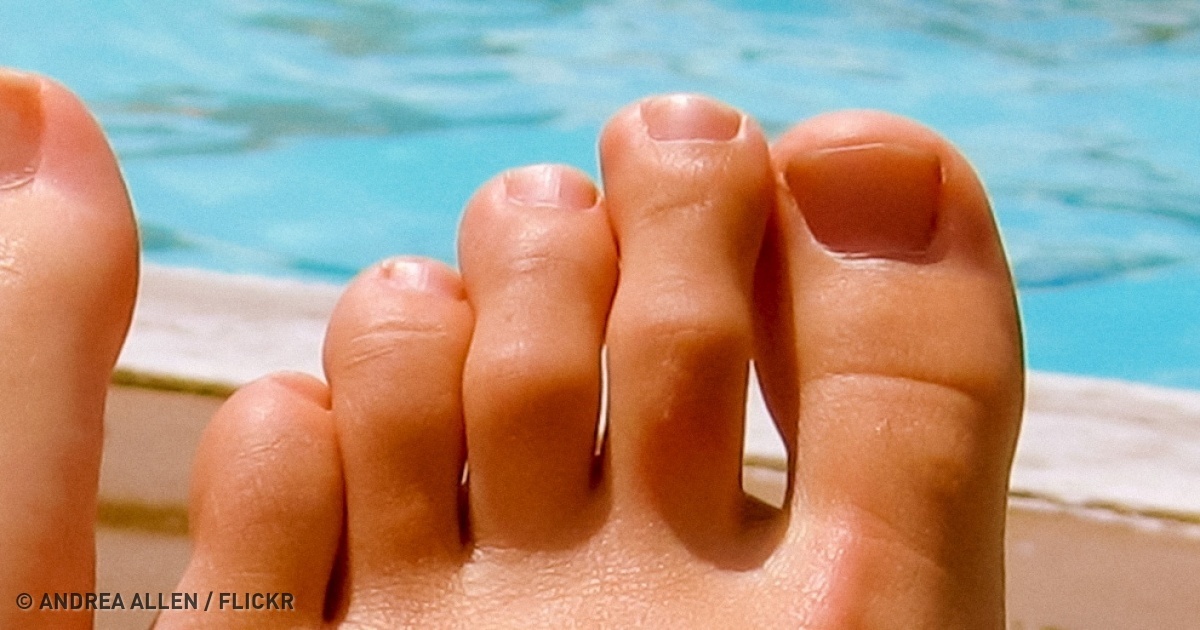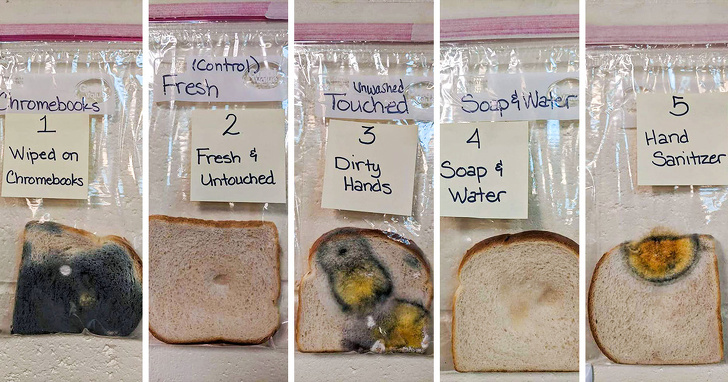Washing your hair is a daily ritual for many people, but have you ever considered whether doing it in the shower is truly beneficial? While it might seem convenient, washing your hair in the shower can lead to several unwanted side effects that could compromise the health of your scalp and strands. From excessive dryness to premature hair color fading, this article explores why skipping the shower wash might be better for your hair—and how you can adapt your routine for optimal results.
Let’s dive into the reasons why washing your hair in the shower could be causing more harm than good.
How Washing Your Hair in the Shower Can Dry Out Your Strands
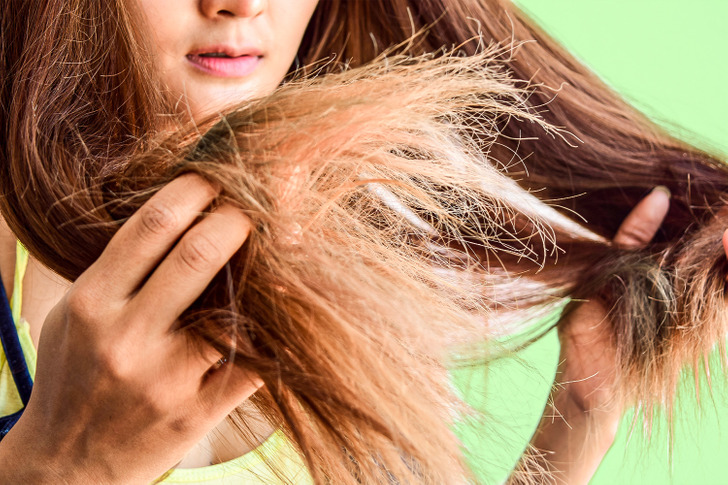
One of the most common issues associated with washing your hair in the shower is excessive dryness. Showers often involve hot water, which strips your hair of its natural oils. These oils are essential for maintaining moisture and preventing brittleness.
When exposed to prolonged periods of hot water, the cuticle layer of your hair (the outermost protective layer) can become damaged, leading to split ends and breakage. According to dermatologists at the American Academy of Dermatology, over-washing or using excessively hot water can exacerbate these problems by removing vital sebum from your scalp and strands.
To combat this issue, consider reducing the frequency of your washes or opting for lukewarm water instead. Additionally, incorporating hydrating shampoos and conditioners enriched with ingredients like argan oil or shea butter can help restore lost moisture.
The Link Between Shower Hair Washing and Hair Loss
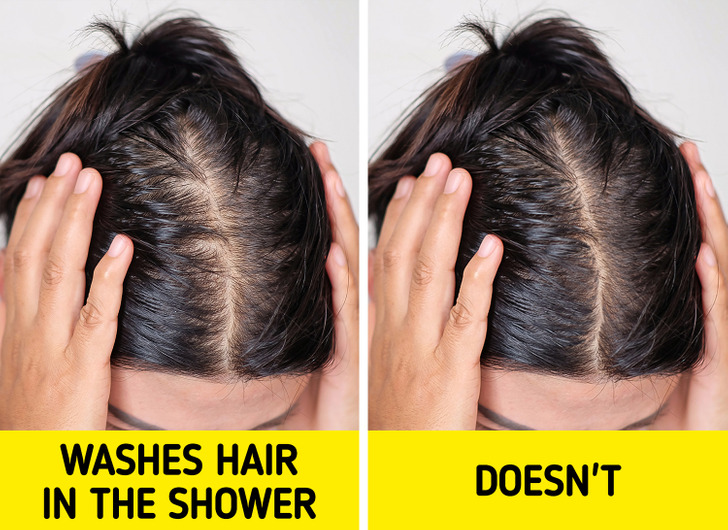
Hair loss is a concern for millions of individuals worldwide, and washing your hair in the shower might inadvertently contribute to this problem. The combination of aggressive scrubbing, harsh chemicals in shampoos, and high water pressure can weaken hair follicles over time.
A study published in the Journal of Investigative Dermatology highlights that mechanical stress on the scalp—such as vigorous rubbing during washing—can disrupt the hair growth cycle and accelerate shedding. Moreover, certain sulfate-based cleansers commonly found in commercial shampoos can irritate sensitive scalps, further contributing to hair thinning.
If you’re noticing increased hair fall after showering, try switching to gentler, sulfate-free products designed for sensitive scalps. You can also experiment with co-washing (conditioner-only washing) methods, which cleanse without stripping away essential nutrients.
For more information on combating hair loss, visit Healthline’s guide to preventing hair loss .
Why Shower Hair Washing Might Cause Scalp Irritation and Itching
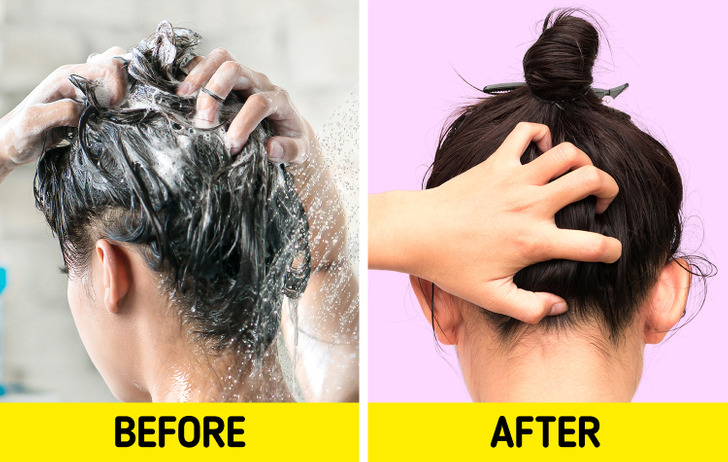
Scalp irritation and itching are other potential downsides of washing your hair in the shower. This discomfort often arises due to residue buildup from hard water, shampoo ingredients, or improper rinsing techniques. Hard water contains minerals like calcium and magnesium, which can leave deposits on your scalp and make it feel dry and itchy.
Furthermore, some shampoos contain fragrances or preservatives that irritate sensitive skin types. If you live in an area with hard water, investing in a showerhead filter can significantly reduce mineral exposure and improve scalp health.
The National Eczema Association recommends avoiding overly fragranced products and opting for hypoallergenic formulas if you experience persistent itching. Regular exfoliation of the scalp using gentle scrubs can also help remove dead skin cells and prevent clogged pores.
Does Shower Hair Washing Make Your Hair Color Fade Faster?
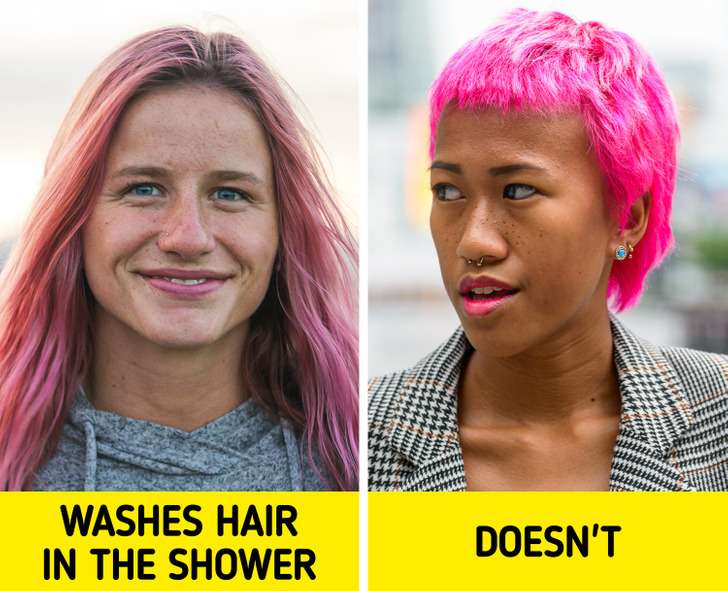
If you frequently dye your hair, washing it in the shower could shorten the lifespan of your color treatment. Hot water opens up the hair cuticle, allowing pigments to escape more easily. Over time, this leads to dull, faded hues that require frequent touch-ups.
Professional hairstylists recommend washing dyed hair with cool or lukewarm water to seal the cuticle and lock in color molecules. Using color-safe shampoos formulated specifically for treated hair can also extend the vibrancy of your dye job.
According to Allure Magazine, limiting wash frequency to two or three times per week can drastically slow down color fading while preserving overall hair health. For added protection, apply a leave-in conditioner or serum before stepping into the shower to create a barrier against water damage.
Could Washing Your Hair in the Shower Give You Dandruff?
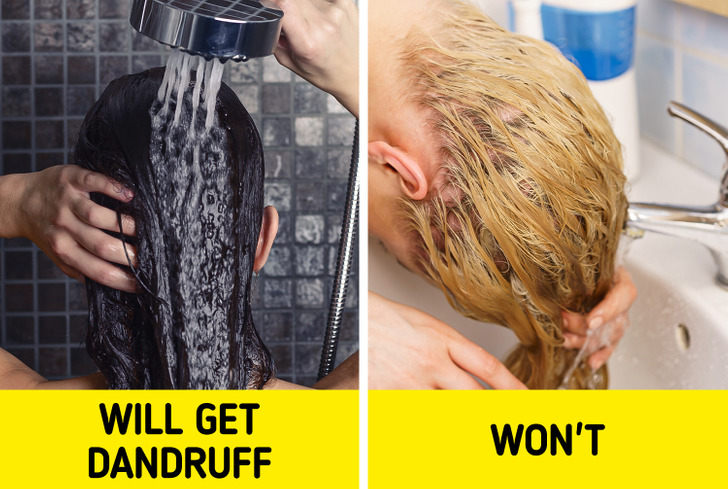
Dandruff is another unpleasant consequence of improper hair-washing habits in the shower. When combined with infrequent cleansing or poor product choices, shower washing can create an environment where yeast-like fungi thrive on the scalp, leading to flakiness and irritation.
To minimize the risk of dandruff, ensure you’re thoroughly rinsing out all shampoo and conditioner residues. Leaving behind even small amounts of product can weigh down your hair and encourage fungal growth. Anti-dandruff shampoos containing active ingredients like zinc pyrithione or ketoconazole are effective at combating flakes and restoring balance to the scalp.
For additional tips on managing dandruff, check out WebMD’s comprehensive guide.
Conclusion: Rethink Your Shower Routine for Healthier Hair
While washing your hair in the shower may seem convenient, it comes with several drawbacks that could negatively impact your scalp and strands. From drying out your hair and accelerating color fading to triggering dandruff and hair loss, there are compelling reasons to reconsider this practice.
By adopting alternative methods such as cooler water temperatures, sulfate-free products, and reduced washing frequency, you can protect your hair’s natural beauty and maintain long-term health. Remember, every individual’s hair type is unique, so don’t hesitate to consult a professional stylist or dermatologist for personalized advice tailored to your needs.
Your hair deserves the best care possible—start making smarter choices today!
Preview photo credit Eternity in an Instant / Stone / Getty Images, Toni Rantala / EyeEm / Getty Images
